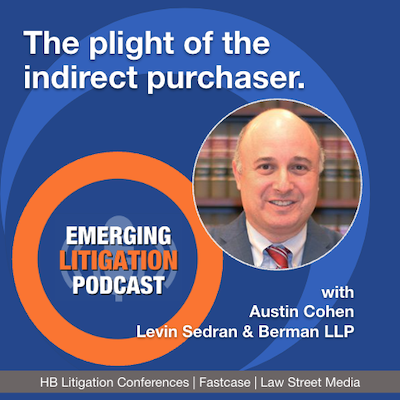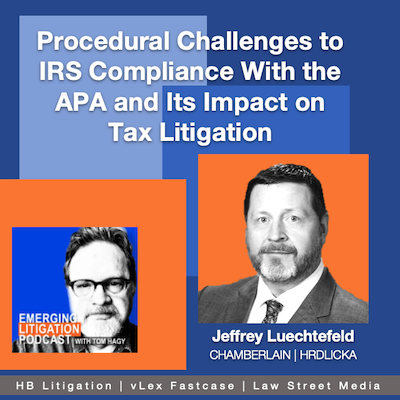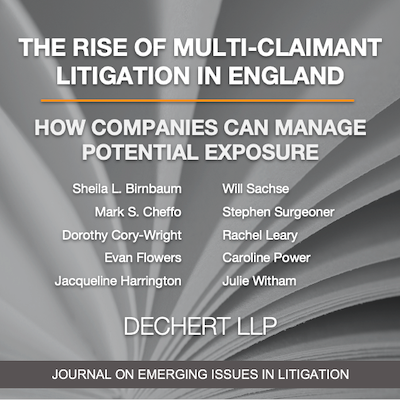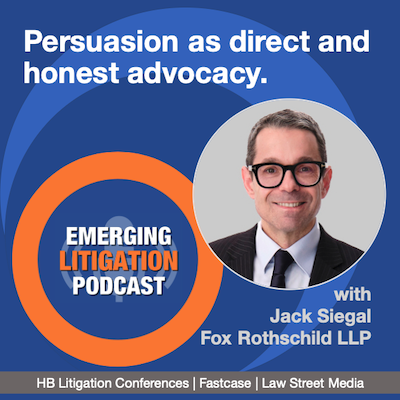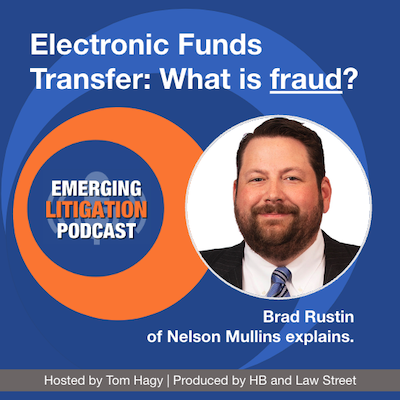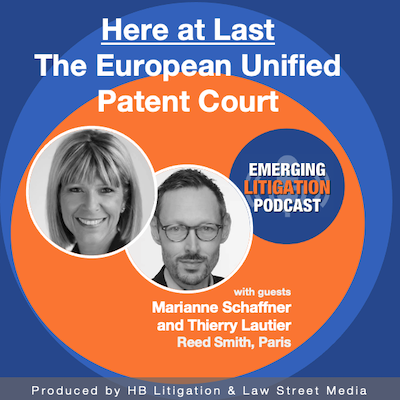Business vs Business disputes, e.g., IP, fraud, contract breaches, antitrust, whistleblowers, M&A, trade secrets, poaching.
The Plight of the Indirect Purchaser
Consumers and businesses -- indirect purchasers of products whose prices are fixed by those who supply the maker of your purchase may not collect damages in states that -- surprisingly, do not have antitrust laws that give them standing. But what about federal law? Why do some states provide for damages and others do not? Are there alternatives?

